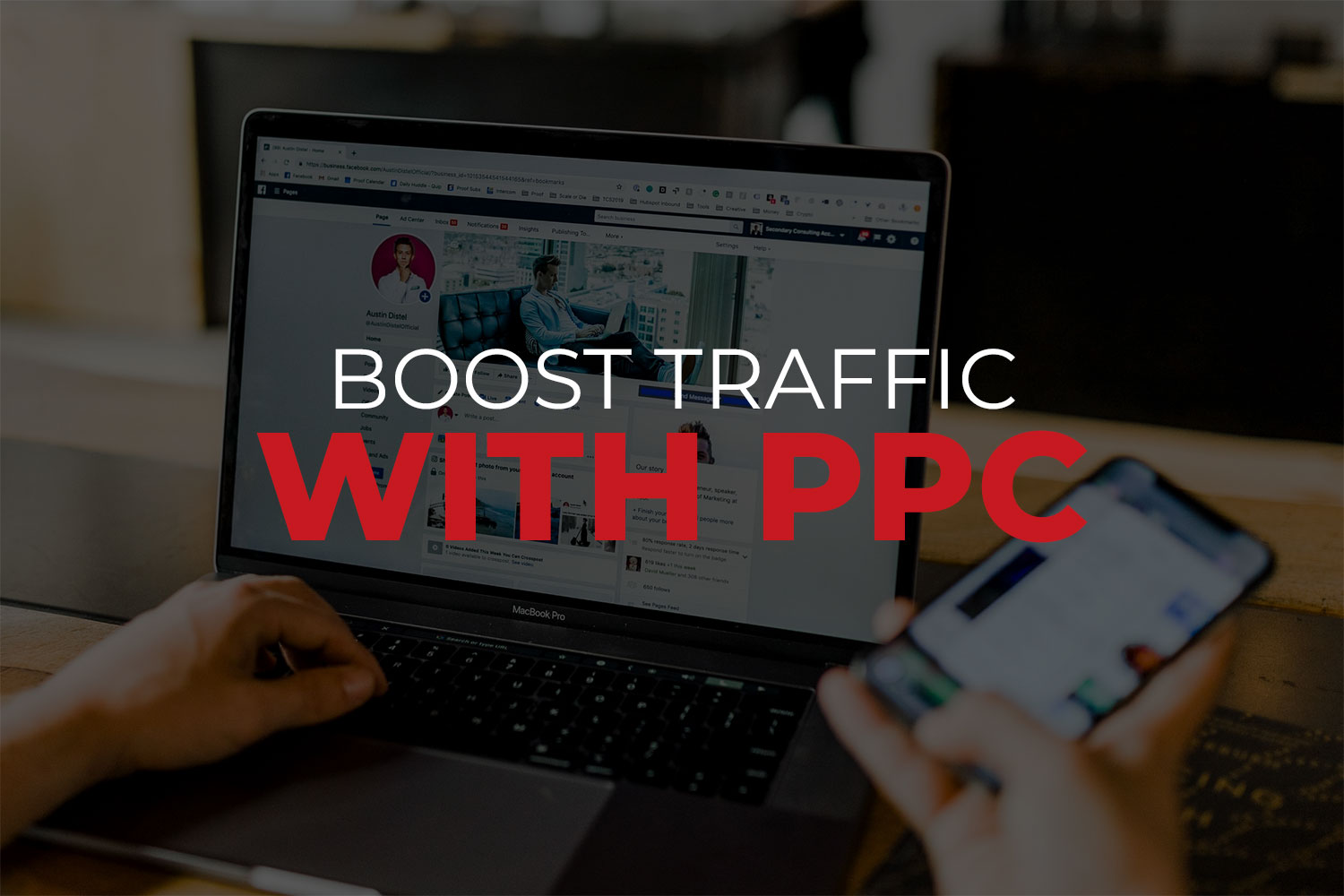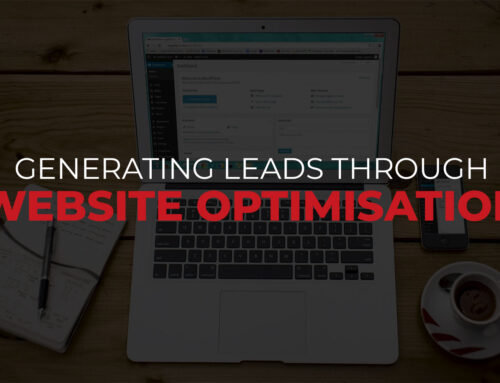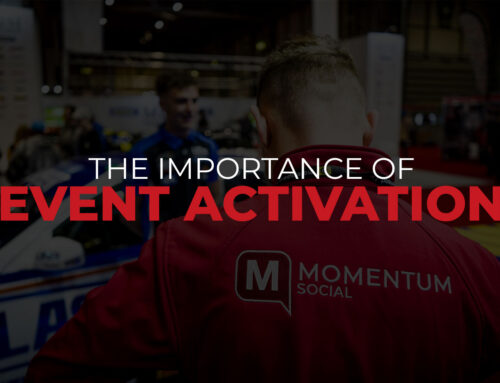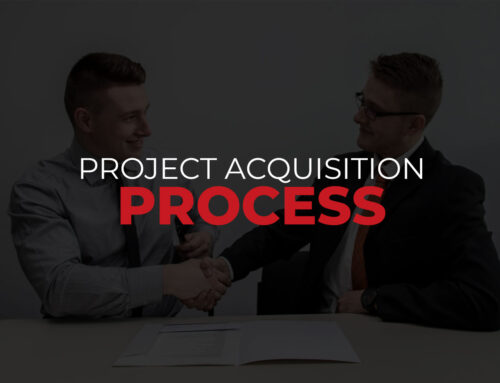
This blog intends to provide a quick beginner’s guide to Pay-per-click (PPC) marketing; detailing what it is, what it’s for and how it can be actioned to boost traffic, generate leads and improve sales. Did you know that 33% of people click on a paid search ad because it directly answers their search query? Whilst 50% of paid leads are more likely to purchase and complete a sale than leads generated organically (PPCProtect). With this in mind, let’s take a look at PPC marketing as a viable strategy.
Introducing PPC marketing
PPC marketing is an online advertising strategy where advertisers amass costs when users click on their ads. PPC can be used for various campaign goals, usually to generate leads, improve sales and promote brand awareness.
It is a search-based strategy built on relevance and specific keyword searches. Advertisers can show targeted ads to users when they search a specific query, such as “digital marketing agency” – an ad will then show in relation to this search.
Paid ads platforms
Google Ads run on Google, utilising Search Partners and Display Network sites. It is the biggest PPC platform, geared towards companies of all sizes. Whereas Microsoft Advertising runs on Microsoft and Yahoo networks, which also utilises Search Partners. The two networks share the same functionalities but differ in terms of Google ads having a higher search volume and competition, as well as Microsoft ads costing significantly less.
Campaigns & AdWords
To start a campaign, choose keyword themes, for example, “marketing agencies” and within this campaign there are themed subcategories called ad groups, which should include types of marketing agencies such as media, digital and PR. Each ad group will then contain themed keyword variations of these types. The keywords to use should be assigned a match type that defines queries for which the ads will show.
The ads can be written up once the ad groups and keywords have been decided on. These include targeted keyword themes, value propositions and CTAs. Decide on which campaign type to use as a targeting option, and then schedule ads at the desired time, in line with the campaign’s budget – created alongside overall marketing goals. Actioning a PPC campaign will boost traffic and sales with more targeted traffic, increasing the quality of leads generated which improves the likelihood of a sale.






